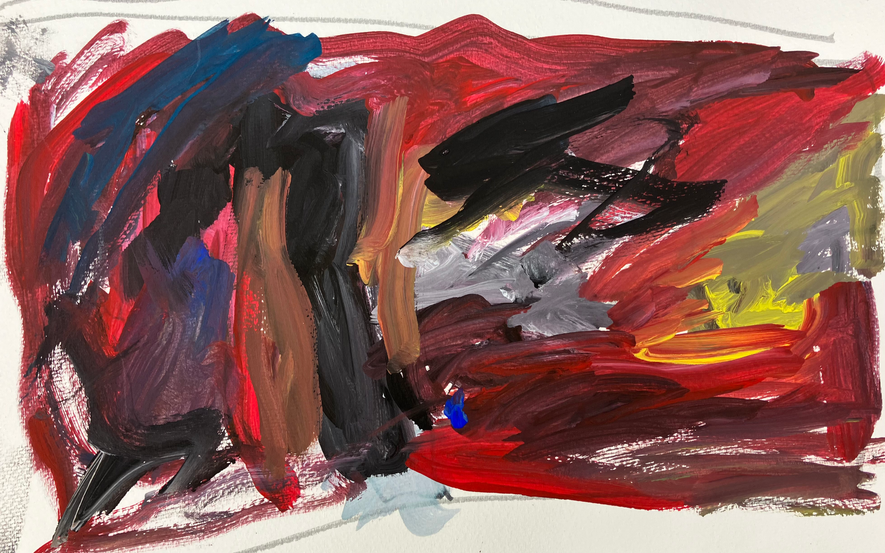- Marsha Winsryg

- Mar 20, 2023
- 1 min read
M'Pekala is a project run by a group of women in Sekute, a rural area very distant from Livingstone. Their goal is to produce their own sisal and use it and natural dyes to make handsome woven shoulder and hand bags. The name M’Pekala, which means "where we live", was chosen because these women are trying to improve the lives of their families and community in this remote green paradise.

The project is the brainchild of Sister Immaculata Mulyei, a Franciscan nun who once lived in the region. She has a warm connection with this group of women, and is well aware of the difficulty they face earning cash, being many hours away from the nearest town.
The families’ yearly income from agriculture is often only enough to send one child to school - usually a son. The extra income from M’Pekala is necessary to cover fees for their daughters' educations. They know that girls who don’t attend school are much more likely to marry early. Once married, education is impossible. Equally impossible, for women, is finding a job after the babies start coming. The cycle of poverty continues.




























